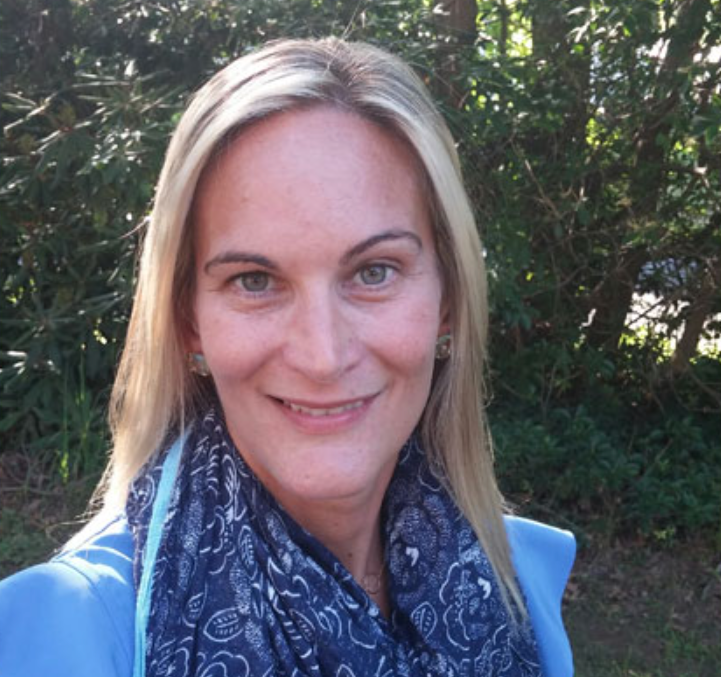New Jersey Department of Transportation’s (NJDOT) plan to rehabilitate the 80-year old Pulaski Skyway entails closing the bridge’s northbound lanes for two years, but unfortunately for the area’s surrounding communities, the Department still lacks a feasible plan to mitigate the impacts of potentially rerouting the 32,500 vehicles that use those lanes each day.
Route 1 & 9T — which was originally designed as an alternate truck route for the Pulaski since trucks are banned from the Skyway — and the Interstate 78/Newark Bay-Hudson County Extension stand to bear the bulk of the vehicular traffic shifts, even though both are already jam-packed during the AM peak hours. The project will likely add to long commuting times for drivers, add passengers to already bursting-at-the-seams transit systems and increase the wear and tear on the local roadways. Unfortunately, NJDOT has yet to outline how they could truly mitigate these negative impacts, namely by creating incentives for using transit as well as disincentives for driving alone.
NJDOT could adopt a number of strategies to ease congestion, including a temporary ban on single-occupancy vehicles (SOV) in the Holland Tunnel’s inbound lanes. Such a measure would reduce the total number of vehicles on the local highway system and encourage greater use of mass transit. Benefits of an SOV ban in the Holland Tunnel wouldn’t stop at the border either. Reduced vehicular volumes through the tunnel would also mean less congestion on Manhattan’s streets.
Unconventional situations require innovative mitigation plans, and restrictions on single occupancy vehicles are hardly unprecedented in the region. For example, only vehicles with three or more passengers were allowed to enter Manhattan in the days following Hurricane Sandy. This, coupled with increasing space for buses helped get New York City back to work and to navigate a serious transportation crisis. But NJDOT says a ban on single-occupancy vehicles in the Holland Tunnel is a non-starter. Earlier this year, an NJDOT spokesman said
“The Department wishes to make it clear to all motorists traveling the Pulaski Skyway or through the Holland Tunnel that mandatory carpooling or HOV rules are not under consideration. The Department is working with local officials and stakeholders to develop a range of strategies to accommodate motorists once the northbound lanes of the Skyway are closed, and those strategies include encouraging the use of public transportation, encouraging voluntary carpooling, van-pooling.”
Signal upgrades and statements calling for “bolstering public transportation service” are a start, but they won’t be enough to mitigate congestion if bolder ideas are dismissed without proper analysis.

[…] Tri-State: NJ DOT Must Consider Transit Incentives During Long Pulaski Skyway Shutdown (MTR) […]
I like the mandatory 3+ carpool idea, great thinking. Rationing is the best way to handle infrastructure under-build. Speaking of which, another idea is that people from TA, can let commuters from NJ use their Manhattan apartments at pied a terres for 2 years. This type of rationing would help reduce carbon emissions and show that TA personnel are truly on the forefront of making us all live in tiny ant colonies for the good of the environment.
New Jersey Transit should integrate both PATH and PATCO into its bus system along with NJT Rail. All fares should be based on the bus zone system and transfers should be free. Doing this can pave the way for better use of the existing transit system. For details on how to make it work they could check out the Rhein Ruhr Verkhersverbund (Tariff Confederation) which oversees Commuter Rail, Light Rail, bus and Monorail for a number of German cities. Targeted bus service also could help.
Reduction in vehicle demand (by banning SOVs) is really the only way to go here. But it must be acconmpanied by: a) a widely publicized outreach program, b) strict police enforcement with zero tolerance, and c) turnaway areas to get SOVs / violators immediately off the road.
At the very least there should be dedicated bus lanes going to the Holland Tunnel in the AM rush hours.
Also a ban on SOVs should be imposed during the rush hours as well!
[…] lanes. Whether the options presented will be enough to mitigate the project’s impacts for the 32,500 motorists who currently use these lanes each day, as well as the surrounding communities, remains to be […]